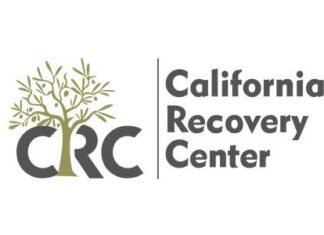In the past, I’ve written about my daughter’s disability, spina bifida. So I have lots of firsthand experience dealing with a loved one’s disability. Twice over the last five years, I have also mentioned my own traumatic brain injury, but have explained that the lingering odds and ends of that injury, which are real, don’t technically count as a disability. That’s because even though affected, I haven’t been ‘substantially limited’ in at least ‘one major life function’ due to the injury, which is the ‘official’ definition.
Recently, I had another brush with disability. Our family physician diagnosed me with Dupuytren’s contracture, which is, according to a National Institutes of Health website, a ‘painless thickening and contracture of tissue beneath the skin on the palm of the hand and fingers.’
The website added: ‘Progressive contracture may result in deformity and loss of function of the hand.’
It primarily affects people of northern European ancestry. Most of my ancestors were Scots-Irish, meaning they came from Northern Ireland. Two well-known people having Dupuytren’s contracture have been Margaret Thatcher and Ronald Reagan.
Normally, the condition affects men over age 40, and often is linked to epilepsy, pulmonary tuberculosis, alcoholism, diabetes or liver disease. I don’t have any of these risk factors. Surgery could restore normal movement, but also would carry a risk of damaging the nerves and blood vessels. Given my relatively young age, the disease could come back following surgery.
The thought of having this condition hit me especially hard because I earn a living moving my fingers. I write this newspaper column, and magazine articles and books. I first noticed symptoms a couple years ago, when my fourth and fifth fingers on my left hand felt weak. Due to the weakness, I was typing slower and making mistakes. In the freelance writing business, the faster a person types, the more income he or she earns.
Three months ago, I noticed a hard nodule on my left palm, and later, a depression, between the fourth and fifth fingers. Typing became slightly more difficult.
In the days after the diagnosis, honestly, I just flat-out panicked. I was face-to-face with the reality of one day possibly being ‘substantially limited’ in my livelihood due to a disability, a feeling not unlike one I often hear expressed in people I interview for this column. I now can identify with them.
(21+ years strong)
Welcome to the brighter side!
Get in front of local customers! 24/7 (365)





















